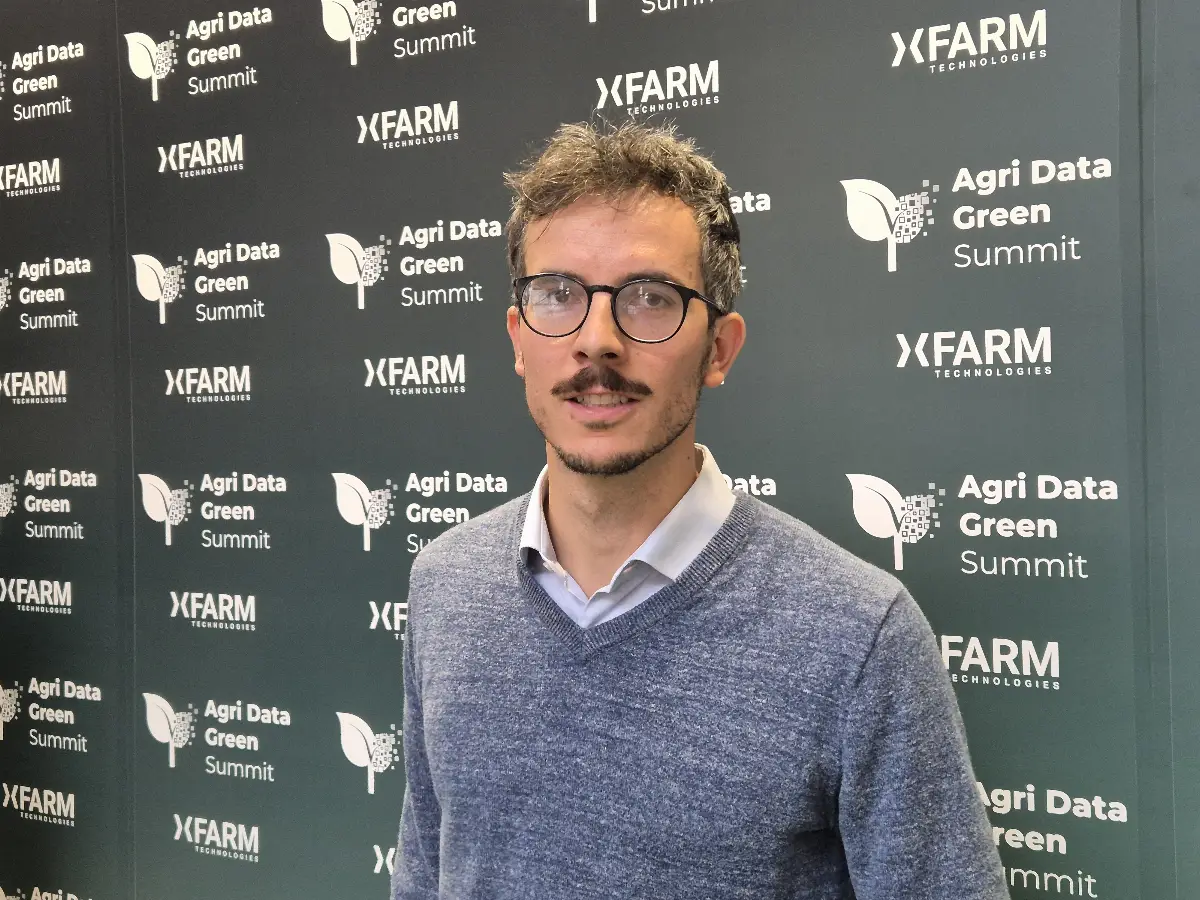
Agri Food Summit: report on regenerative agriculture
Peyron (Dss+): "Farmers must be engaged by speaking their language"

The research revealed that 60% of the sample of farmers interviewed do not know what regenerative agriculture is.
"We previewed the first major survey on regenerative agriculture, in particular on how this sector is perceived and implemented by the various stakeholders: we need to understand how to arrive at an approach that is sustainable for everyone". This is how Matteo Vanotti, CEO and co-founder of xFarm, commented on the first survey on regenerative agriculture in Italy presented yesterday in Milan at the Agri Data Green Summit organized by xFarm Technologies (see EFA News article).
The study, carried out by dss+ and xFarm and entitled "Italian agriculture in evolution: the key role of farmers", was illustrated by Matteo Peyron , Sustainability Manager of dss+.
"The premise - explained Peyron - is that in the decarbonisation objectives reduction targets are set (typically those of the Sbti system for example) on Scopes 1, 2 and 3. But it is precisely on Scope 3, which concerns the supply chain, that the first critical issues arise. The actors that populate the agri-food supply chain are tens of thousands, they can be very small (especially in Italy where the family business is a fairly widespread model), and they have very uneven maturity, sensitivity and readiness for change. All this complicates an already objectively difficult situation: any innovation in the agricultural world must deal with nature ("when it rains everything changes") and with time ("the benefits are seen after years"). The way forward is therefore to engage the operators by clearly understanding what their points of interest are and working together to manage the critical issues and break any bottlenecks", he specified.
Over 1,000 Italian agricultural companies participated in the survey, answering a questionnaire, the most interesting conclusions of which were summarized by Peyron.
A first aspect concerns the predisposition to change: almost all people (90%) say they are interested in introducing more sustainable practices in the management of the company even if 30% say they do not have sufficient tools to do so.
Another point. Very often, farms are family-run, which makes the issue of business succession relevant: 55% of the sample stated that they have not yet identified it, but this aspect is not perceived as a risk factor (2%). Precisely regarding the main risks for the company, the climate risk is instead perceived as relevant by over 30% of the sample and is almost equal to that of cost increases, but higher than market fluctuations.
Another section of the survey concerns the elements considered a limit to the transition towards more sustainable practices. While the fact that almost half see the risk of losing profitability as relevant is not new, it is very interesting that 25% of the sample reports a lack of skills, while 10% reports difficulty in involving contractors. Regarding the economic issue, in addition to operational management, over 30% observe a lack of capital (financing or investments) to trigger the process.
The educational aspect also emerges from some questions more closely related to knowledge. Among the most representative examples is the fact that only 34% know the minimum level of organic matter below which the soil is considered degraded, while 60% do not know what regenerative agriculture is.
Two aspects clearly emerged from the survey: there is a good correlation between expected profitability and willingness to apply the practice; the best performing practices from an environmental point of view are not always perceived as more profitable: examples of this are agroforestry or no-tillage.
"Ultimately - explained Peyron - 'a top-down approach can work when you want to impose rules, but it is not enough if the goal is cultural improvement that makes the change sustainable (lasting). To achieve this goal, an empathetic approach is needed that puts the issues and language of those you want to engage at the center, in this case the farmers".
EFA News - European Food Agency